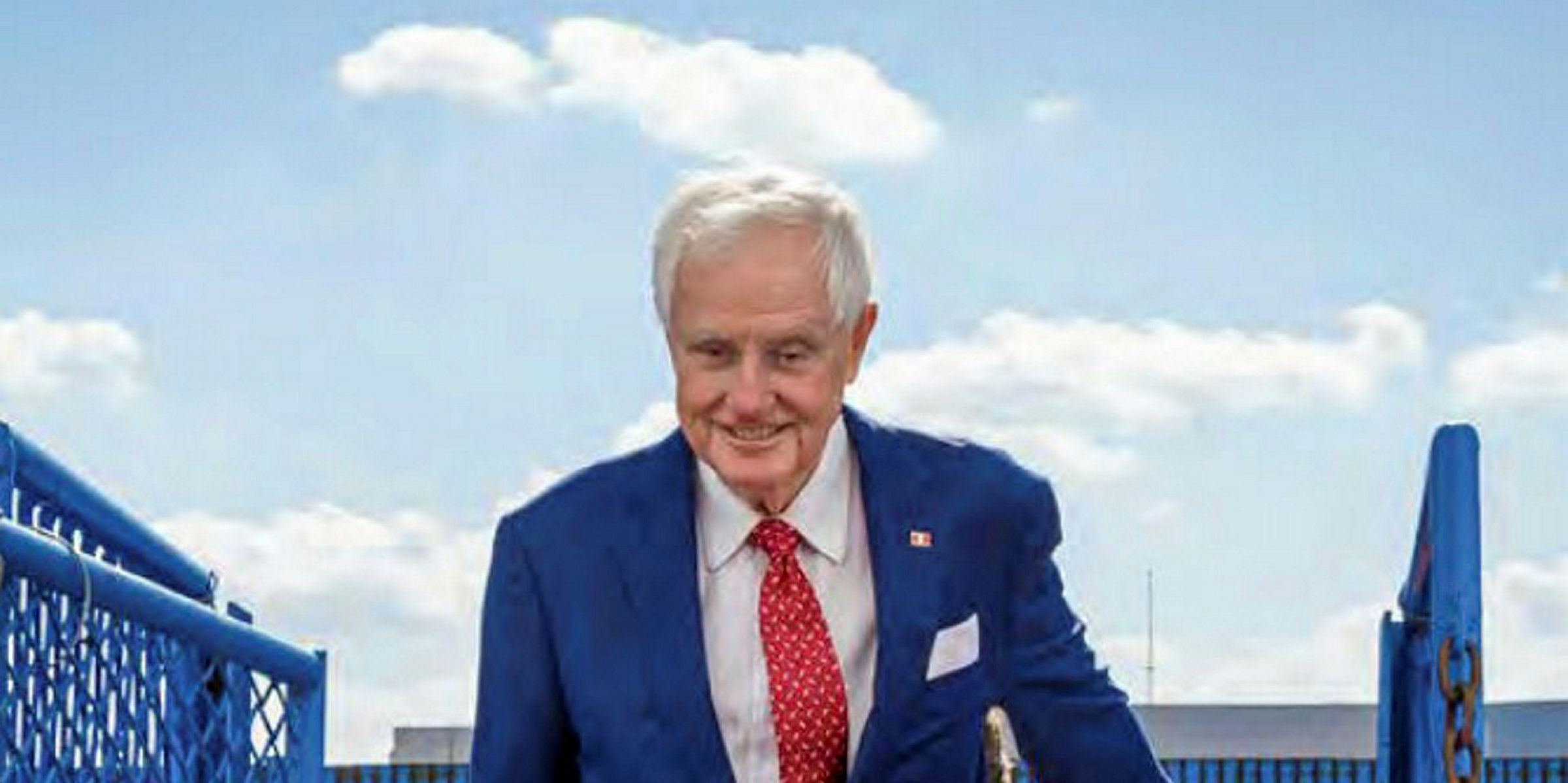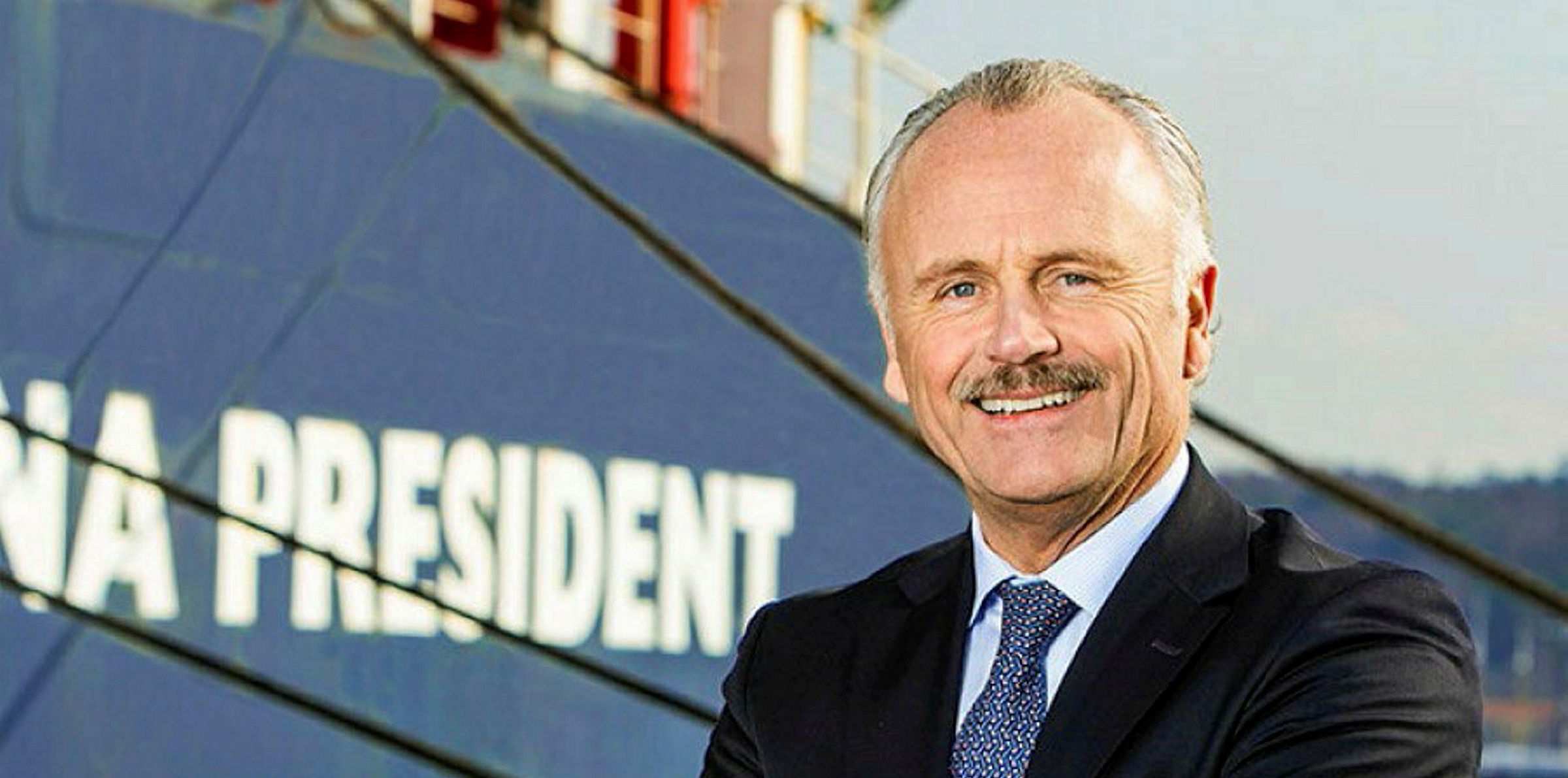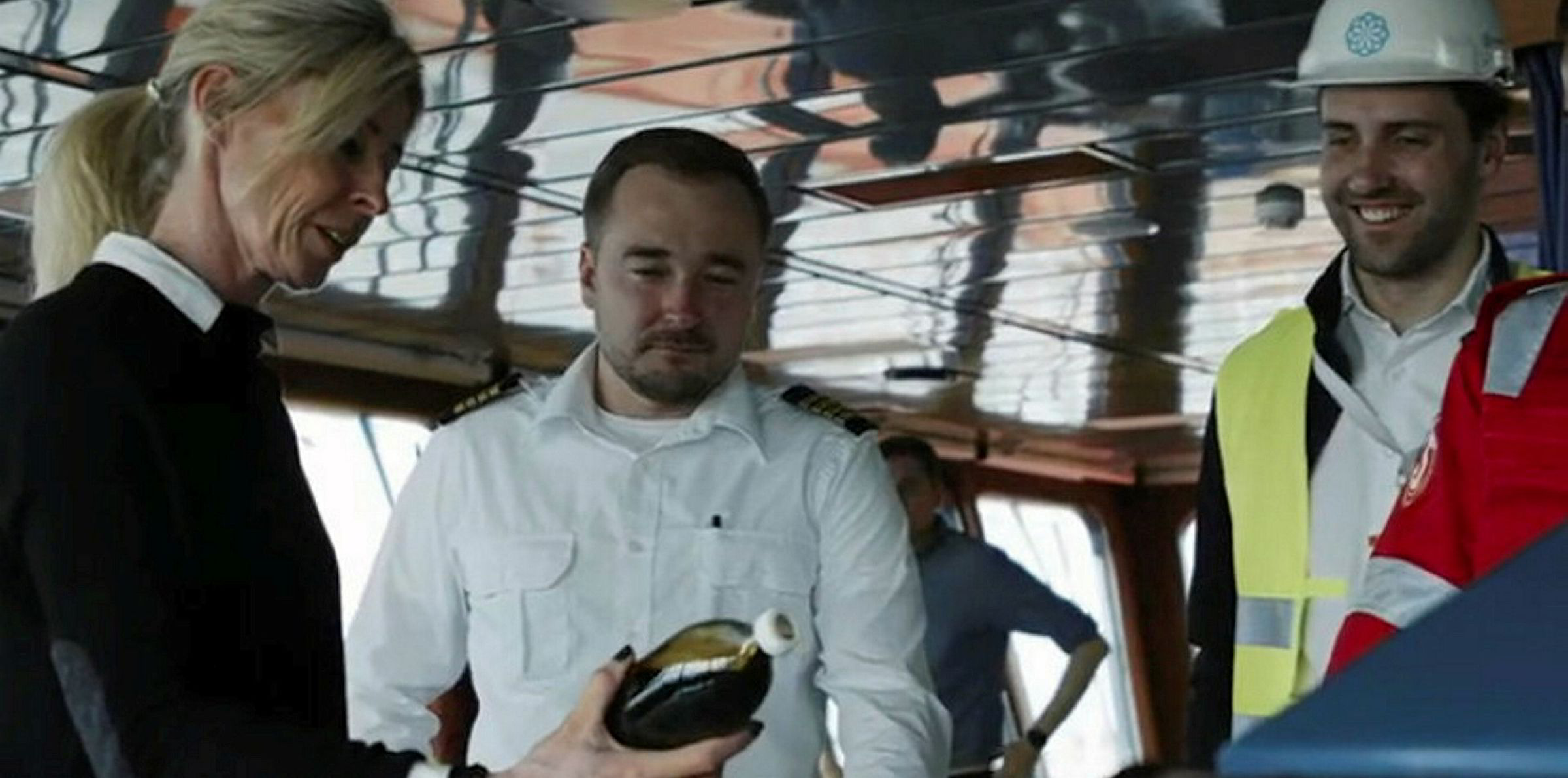Stena AB chief executive Dan Sten Olsson has warned that many workers made redundant during the coronavirus crisis will not rejoin his company.
Writing in the group's annual report, Olsson also said he foresees a recovery in Sweden within three to four months.
Ferry operator Stena Line has laid off 950 staff and "there are probably more to follow," Olsson admitted.
"Many will not be reemployed, when times get better."
The company is facing up to transporting freight and fewer passengers with reduced sailings.
But the Swedish group also encompasses tankers, ro-ros and LNG carriers.
Olsson said its diversification creates resilience only for as long as it remains a leader in what it does.
"Small enough to care and big enough to cope is our motto," the CEO added.
Prepared to move on mergers
As for distressed opportunities arising during the pandemic, he said: "Tough times normally create a vast number of mergers. We are of course prepared to be active, if chances will occur."
The experienced executive, born in 1947, has seen crises before, of course.
"This is the fifth slump in economic activity happening during my active time in business," he said.
"In South Korea they managed to turn the pandemic around in roughly two months. We reckon...three to four months for Sweden. It may take longer."
The billionaire argued the present low interest environment and the supportive actions taken by governments will quickly stimulate economies.
Olsson said many people fear inflation.
But he added: "For as long as there is a good supply of goods, I do not see that happening. Distribution including transportation will hence be very crucial."
Olsson believes Stena Line will be okay when freight flows and passengers start moving again.
The company has phased out its oldest tonnage and it will have a more efficient organisation and lower operating costs.
Remember Brexit? Stena does
Brexit will also have a negative impact on its ferry lines around the UK, Olsson said, but probably not before 2021, due to the transition rules.
"How our shipping activities will be affected is difficult to judge. [Tanker company] Stena Bulk is at present experiencing a boom," he added.
The number of ships owned by Stena RoRo has been decreased and it only has a few low-value ships open for charter.
"Our lasting problem is of course the future employment of our drilling fleet," Olsson said.
"With price of oil where it is, activities will be reduced instead of being expanded for a while. Consumption of oil was on an increase till present circumstances occurred. Hopefully this only means a delay of one year in activities."





